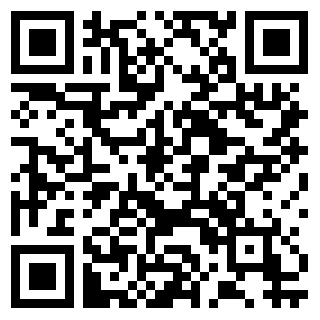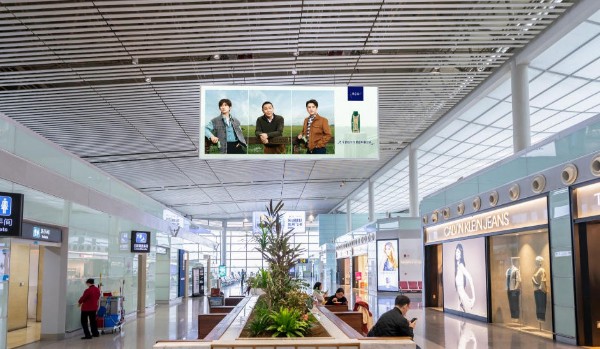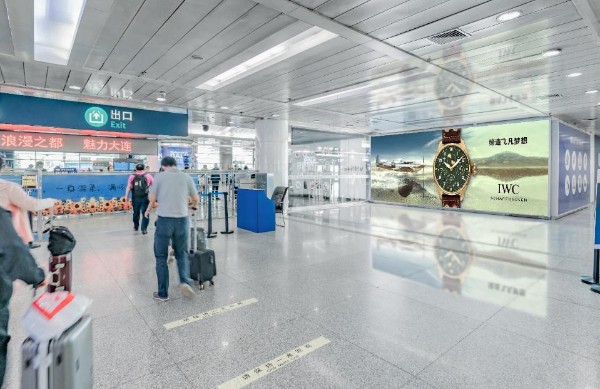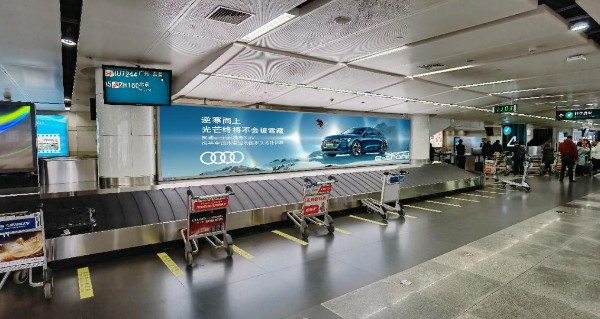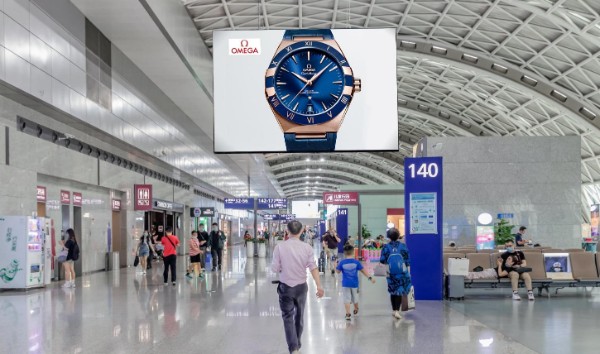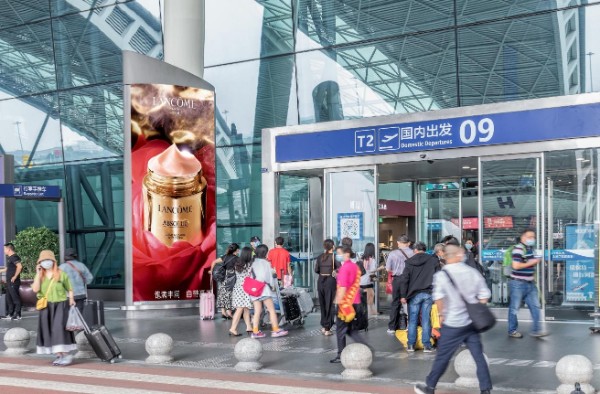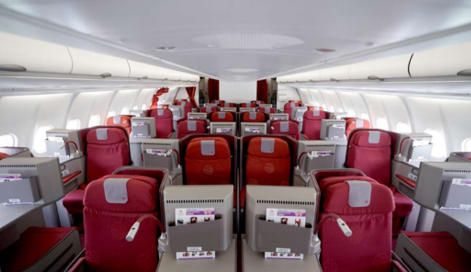- Photos
- Specs
- Advantages
- Value
- Media Map


| Area: | Type:aircraft | Frequency:0 |
| Address: | Format:Paintings | Duration:/ |
| Location: | Min Qty:1 | |
| Size:/ | Min Period:year |
The core advantage of painted advertising lies in its mobile communication characteristics, and during takeoff, landing, taxiing and flight, China Airlines' aircraft cover the area around the airport, cities along the route and ground scenes under the route
For example, the Nankong Holy Land Quzhou Youli passenger plane is designed with cultural symbols such as Grandpa Nankong as the core design, which not only conveys the connotation of the city's brand, but also strengthens the audience's memory through visual impact
The emotional bond between the brand and the user in the aviation scene, when the advertising content and user behavior form a deep coupling, its communication effect will be upgraded from traffic acquisition to the long-term construction of brand recognition and loyalty, in the era of media fragmentation, this innovative model of "mobile culture and precision" is becoming a strategic asset for brand owners to seize the mental highland
Through the form of whole aircraft or partial painting, the high-altitude media of customized brand or city-themed images is presented on the exterior of the aircraft
The take-off and landing stages cover airports, urban areas and areas below the route, with an average daily reach of more than 100,000 passengers per single aircraft, forming a "high-altitude giant screen" effect
Huaxia Airlines fuselage painting advertising is a characteristic marketing carrier that integrates the scarcity of high-altitude media, the carrying capacity of urban culture and policy barriers, especially suitable for regional brand upgrading and urban image promotion
The dynamic exposure range far exceeds that of static media, and the 92% flight arrival rate guarantees compulsory reach, binding the "elite travel" scene to enhance the brand's high-end image and emotional resonance
With the scarcity, cultural empowerment value and precise regional penetration of high-altitude media, it has formed a core advantage that is different from traditional media
The take-off and landing stages cover airports, urban areas and areas below the route, with an average daily reach of more than 100,000 passengers, forming mobile high-altitude billboards that forcibly attract the sight of the ground and air
The flight advertising arrival rate is as high as 92%, and passengers continue to be exposed to the visual elements of the fuselage throughout the flight, and cooperate with the interior advertising of the cabin (such as bandanas, luggage racks) to form an immersive marketing closed loop
It is strongly related to the high-end travel quality life label, which naturally enhances the authority and emotional resonance of the brand, and adapts to the image of high-end industries such as luxury goods and finance
With visual hegemony, cultural carrying capacity and branch monopoly as the core barriers, Huaxia Airlines fuselage painting advertisements are an efficient carrier for regional brand upgrading and urban image promotion
The advertising content is deeply integrated with local cultural tourism and intangible cultural heritage, which not only meets the high-end needs of brands, but also injects communication momentum into the local economy
Media in the cabin such as small tables and headscarves are placed simultaneously to accurately convey health product information and enhance brand awareness
The investment value is mainly reflected in the three dimensions of monopoly in scarce scenarios supported by policy barriers, the efficiency of reaching high-net-worth customers and the high growth dividend of airline performance, combined with the cost-effective advantages of horizontal comparison of the industry
Painted advertising has become an efficient carrier for regional brand sinking and urban marketing with its triangular drive of low CPM airline and high growth of branch monopoly scenarios
84% of the solo flight route network has deeply penetrated into second- and third-tier cities, forming regional market communication barriers and accurately reaching the consumption upgrade population


